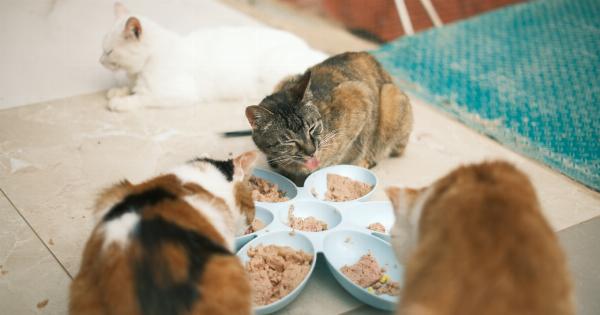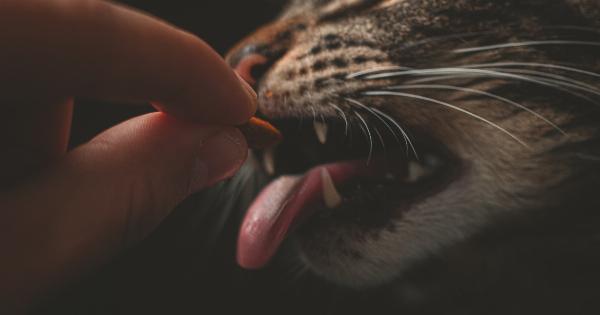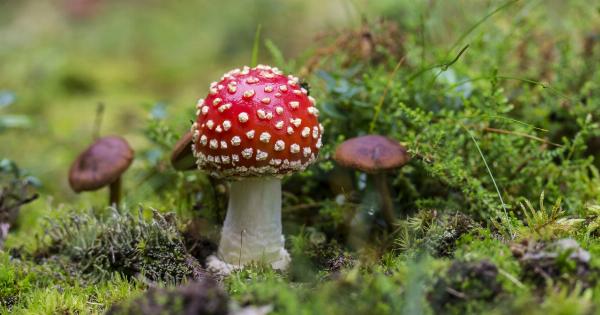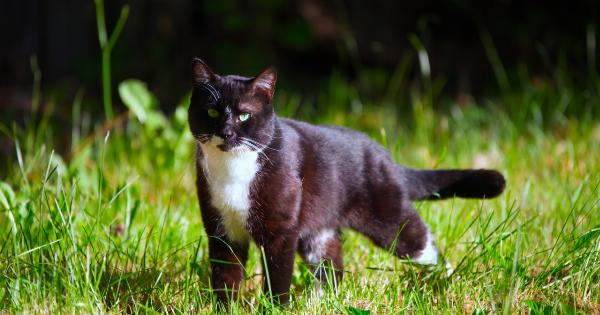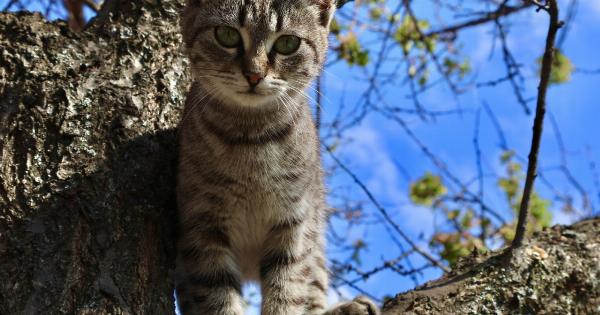Cats are beloved pets of many households all over the world. But along with the pleasure and affection, our feline friends also bring unique and individual nutritional needs.
Like all mammals, cats require an adequate mix of protein, fat, and carbohydrate intake to support vital bodily functions and maintain optimal health. Specifically, amino acids are essential building blocks for protein synthesis, metabolism, and growth of healthy tissues throughout a cat’s life.
What are Amino Acids?
Amino acids are the basic components of protein that occur naturally in the body and food intake, used to build tissues and support metabolic function.
Amino acids are bundled together into chains, elevating them to become the primary molders of skin, fur, muscles, organs, and enzymes in the body. For cats, proteins are made up of about 20 different amino acids that must be obtained from diet as the body cannot synthesize the needed amounts.
These core amino acids are Taurine, Arginine, Methionine, Tyrosine, Phenylalanine, Histidine, Valine, Isoleucine, Threonine, and Leucine.
Why is Taurine the Key Amino Acid?
Out of all the key amino acids, Taurine is at the top of every cat owner’s checklist, and for a good reason. Lack of Taurine in a cat’s diet can lead to severe health problems that can be debilitating, even fatal.
Taurine is an essential amino acid that is found only in animal-based diets, such as raw meat, fish, or supplements, as cats cannot produce or store it naturally. Taurine is involved in vital health roles, including:.
- Regulating vision, growth, and reproduction
- Improving heart health and activity
- Assistance with digestion and elimination
- Enhancing immunity, preventing infection and inflammation
- Aiding neurological function and development.
If Taurine is lacking from a cat’s diet, the consequences can be dire, with a range of potential health problems, such as:.
- Blindness, deafness, or central nervous system damage
- Increased susceptibility to cardiovascular disease and heart failure
- Digestive issues such as IBD, diarrhea, vomiting, and constipation
- Reduced reproductive rates, stunted growth, and delayed maturity
- Increased infections due to a weaker immune system
Cats and Protein Requirements
Protein is an essential nutrient that is naturally found in meat, fish, and dairy products, consisting of amino acids that cannot be produced by the body alone.
Proteins and amino acids are required by the body to renew and repair tissues and generate enzymes, hormones, and other body chemicals. Cats are obligate carnivores and have dietary needs specific to their nature. Thus, owning and feeding your cat with a high animal-based protein diet with the vital amino acid Taurine present is necessary.
Protein-based diets can provide many further health benefits than just protein quantity.
Taurine, beyond being a critical amino acid, is interdependently co-existent with high-protein food sources such as fish, chicken, rabbit, lamb meat, and other premium quality meals with the benefit of higher water content and lower carbohydrates.
Does Your Cat Need a Taurine Supplement?
Cat owners should consult the veterinarian to determine the best dietary methods to ensure their cat’s specific needs, including any needed Taurine supplements.
Most commercially cat foods or high animal-based natural home-cooked diets should provide adequate amounts of Taurine. Ideally, dry cat food should contain 0.2% – 0.3% Taurine, and wet cat food should contain 0.4% – 0.5% Taurine, according to Association of American Feed Control Officials.
When cats are fed a diet with too low or without Taurine, or when being fed cooked, processed, or plant-based food, it’s good to supplement or transition to a high animal-based diet with Taurine.
Conclusion
The key amino acid, Taurine, is critical for optimal wellness in cats. Without enough Taurine in the diet, cats may develop severe and even life-threatening health problems, ranging from cardiovascular disease to digestion and immune deficiencies.
It is crucial to choose high-quality and appropriate balanced high protein-based diets with proper sources of animal proteins with Taurine for your cats, whether purchased commercially or home-cooked meals. The most reliable approach to ensure that your cat’s essential dietary needs are being met is to consult with a veterinary healthcare provider.



